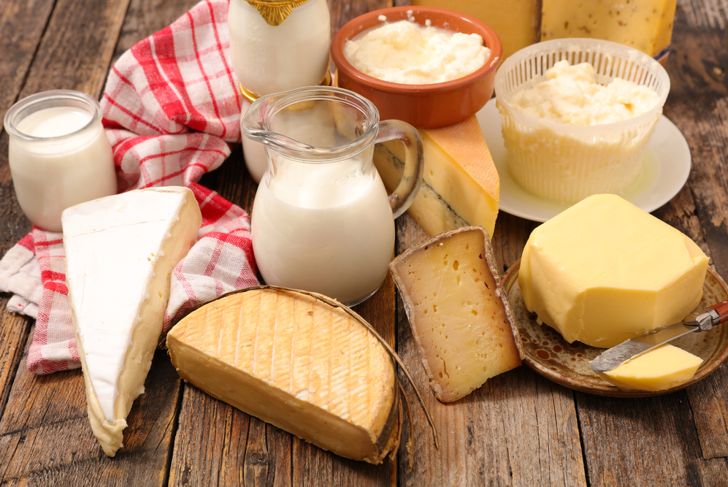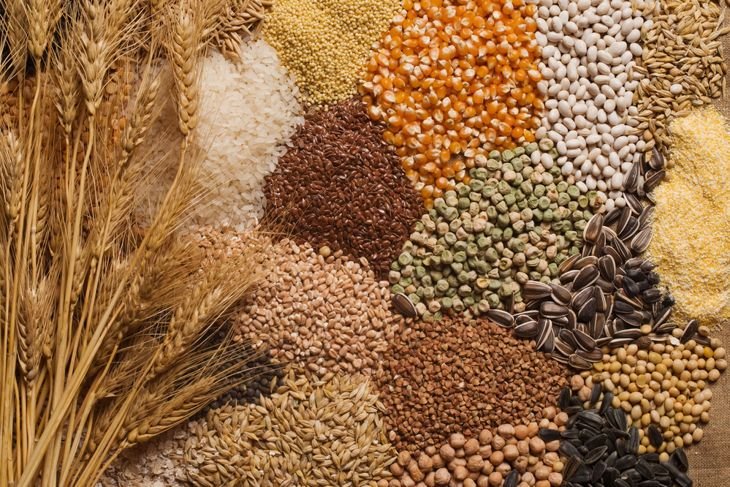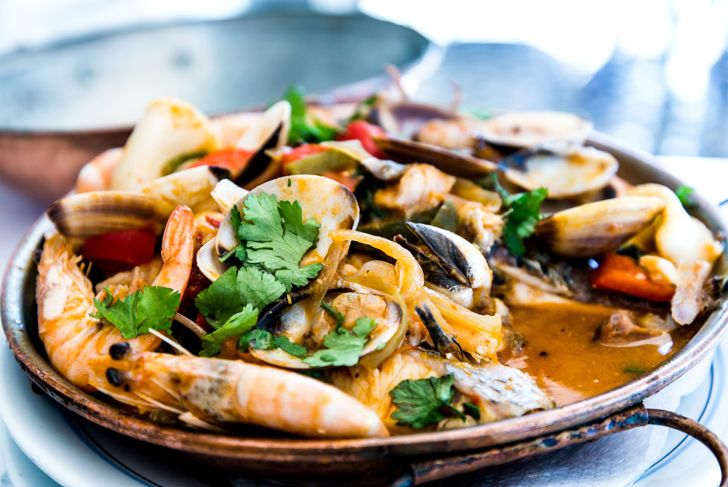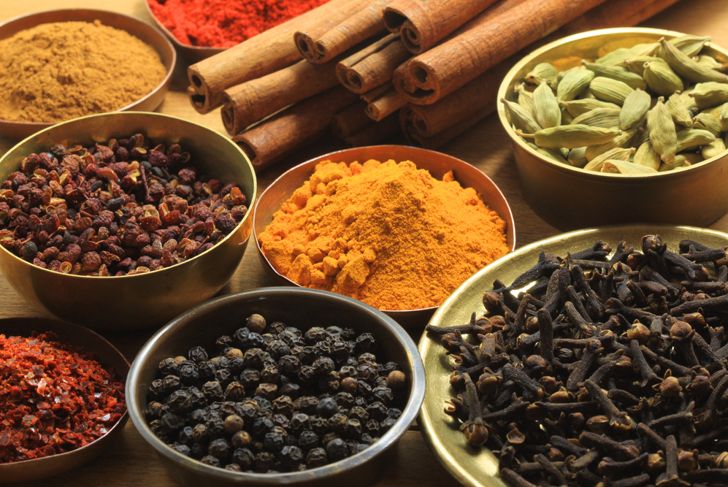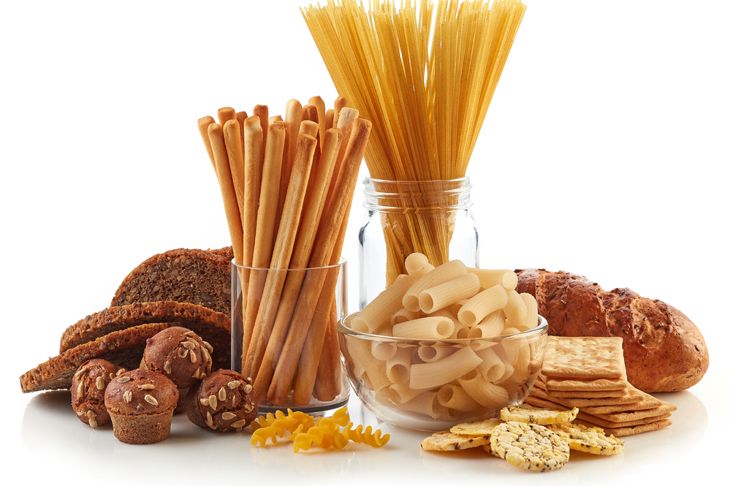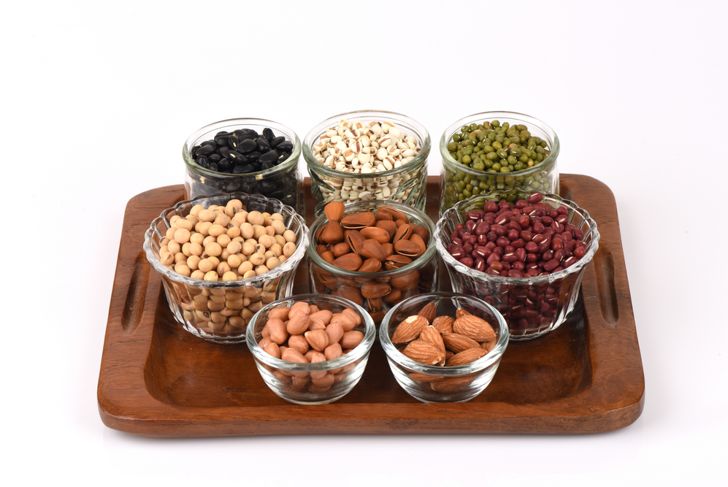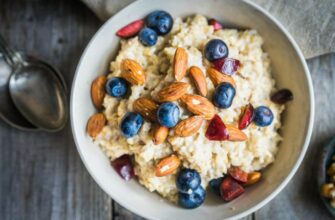The anti-inflammatory diet aims to rid the body of the toxins and chemicals in most average diets and give the body the building blocks it needs to heal. Reducing inflammation could help prevent serious health problems such as heart disease and autoimmune disorders. Studies suggest that inflammation plays a role in many of the chronic health problems that increase with age. The anti-inflammatory diet is full of natural, whole foods that are good for overall health.
Eat Fruits and Vegetables
Perhaps the most important component of the anti-inflammatory diet is fruits and vegetables. Because plant-based foods are a natural source of essential vitamins and minerals, they can deliver the nutrients we need without all of the calories. The best vegetables are dark leafy greens like kale or spinach, which are rich in nutrients and contain antioxidants and natural compounds with anti-inflammatory activity. For a sweet treat, eat a handful of antioxidant-rich berries or a potassium-rich banana. Salads don’t have to be boring; top your greens with carrots, peas, onions, and more.
Cut Back on Dairy
Dairy is not forbidden on an anti-inflammatory diet, but experts recommend reducing the amount of whole-fat dairy we consume when inflammation is an issue. Dairy contains a lot of saturated fat, which can raise cholesterol and the risk of heart disease, and this can undo the good the diet is championing. Some cheeses, like feta, are naturally better for you than their processed counterparts and can prevent the need to totally eliminate dairy. Substitutes for butter, like olive oil, can help reduce consumption, as well.
Add More Whole Grains
The anti-inflammatory diet is not a low-carb diet, so incorporating whole grain bread, whole grain pasta, brown rice, and other grains into meals is permitted. However, it is important to eat only whole grains and avoid foods made with white flour and those high in sugar. Oatmeal is one excellent source, as are quinoa, brown rice, and many others. These whole-grain foods contain lots of fiber, which encourage healthy digestion and reduce inflammation throughout the body. Use them to make salads, grain bowls, and healthy side dishes.
Swap Red Meat for Seafood
Seafood is an essential addition to an anti-inflammatory diet. If you don’t like salmon, a popular choice, try a milder fish like tilapia, trout, or arctic char. Some fish are high in omega-3 fatty acids, which help combat inflammation and promote heart health. Try to eat seafood at least twice a week, preferably in place of red meat, especially processed meat.
Use Herbs and Spices
Salt contributes to water retention and inflammation, and too much sodium can cause heart problems, too. Instead, stick to natural herbs, spices, and flavorings such as basil, pepper, and lemon. For an extra boost, use herbs and spices that reduce inflammation. Garlic is one of the best anti-inflammatory foods around, and turmeric, cayenne, rosemary, and ginger are beneficial as well.
Avoid Gluten
Many experts believe avoiding foods with gluten is a great way to reduce inflammation in the body, especially for those with allergies or intolerances, or individuals with Celiac disease. Whole grains are beneficial to people who can tolerate gluten without consequences, but if you experience unexplained digestive symptoms and do not know which foods trigger it, your physician can test for celiac disease, an inflammatory condition caused by an autoimmune reaction to gluten. The treatment for celiac disease is avoiding gluten.
Eat Nuts and Beans
Like whole. grains, nuts and beans are packed with fiber. Some studies suggest that fiber-rich foods reduce inflammation. Try to stick to natural, organic options without added salt or sugar. Spices like cayenne, garlic, and pepper are great options for flavoring these versatile pulses. Roasted chickpeas make a great snack, while black or white beans are excellent in chilis and soups. You can even use them as meat substitutes. Nuts are also versatile but can be high in fat, so be careful not to overindulge.
Avoid Processed Foods
Avoid processed foods while on the anti-inflammatory diet. Instead, look for organic, all-natural options like fresh produce and unprocessed whole grains, and try to find lean meats that are antibiotic-free and grass-fed. Stay away from canned or packaged goods, which often contain excessive amounts of sodium, and read labels carefully when necessary. Many processed foods also contain chemical preservatives, which may contribute to inflammation in the body.
Exercise More
While much of the anti-inflammatory diet focuses on food choices, exercise is a crucial component as well. Some research shows moderate exercise reduces inflammation. Try to fit in at least half an hour of moderate activity five times each week.
Decrease Sugars and Fats
In addition to processed foods, sugars and unhealthy fats are important to avoid on the anti-inflammatory diet. Steer clear of sugar or sugar substitutes like aspartame, and stay away from greasy or fried foods. Beverages should not be overlooked here, as they are notoriously full of sugar. While beer and liquor may exacerbate inflammation, red wine could be beneficial; drinking one glass per day offers antioxidants that can help control inflammation.

 Home
Home Health
Health Diet & Nutrition
Diet & Nutrition Living Well
Living Well More
More
